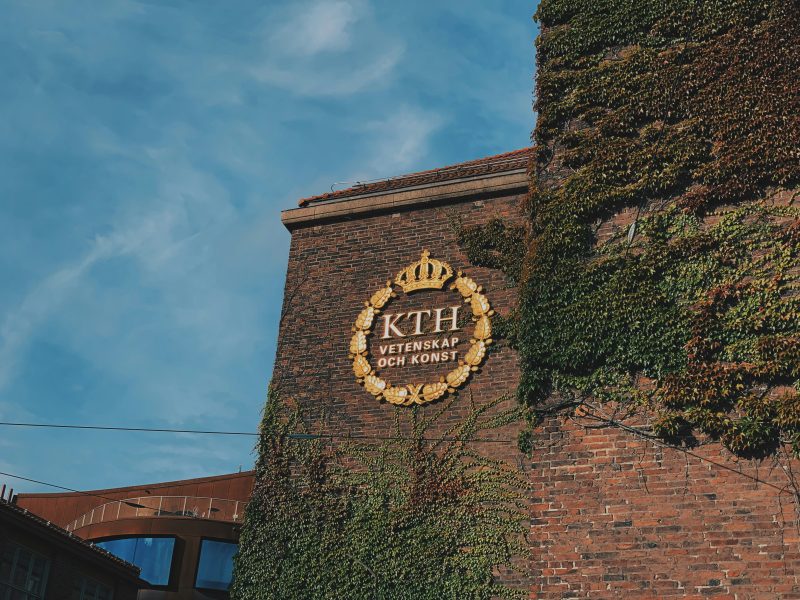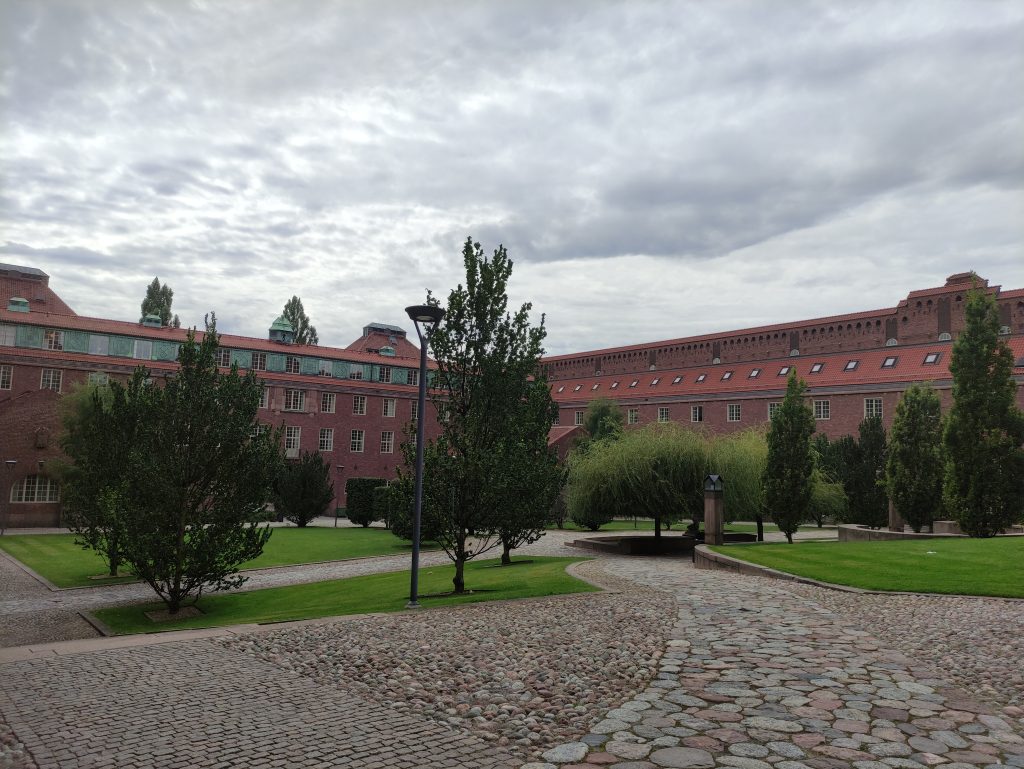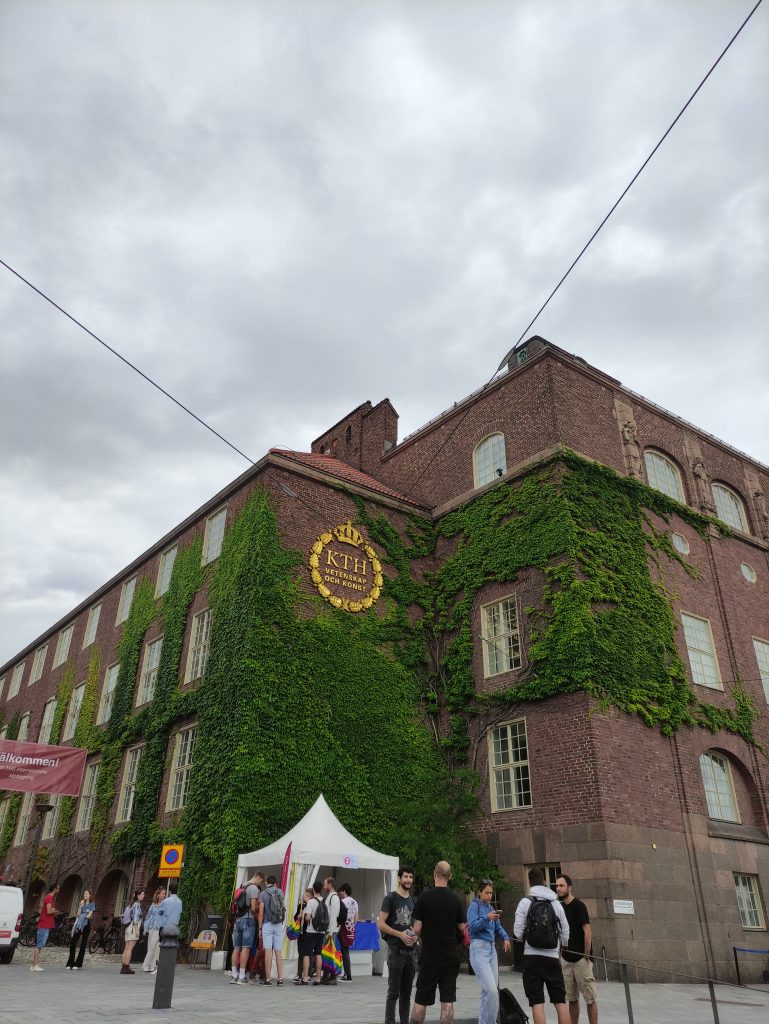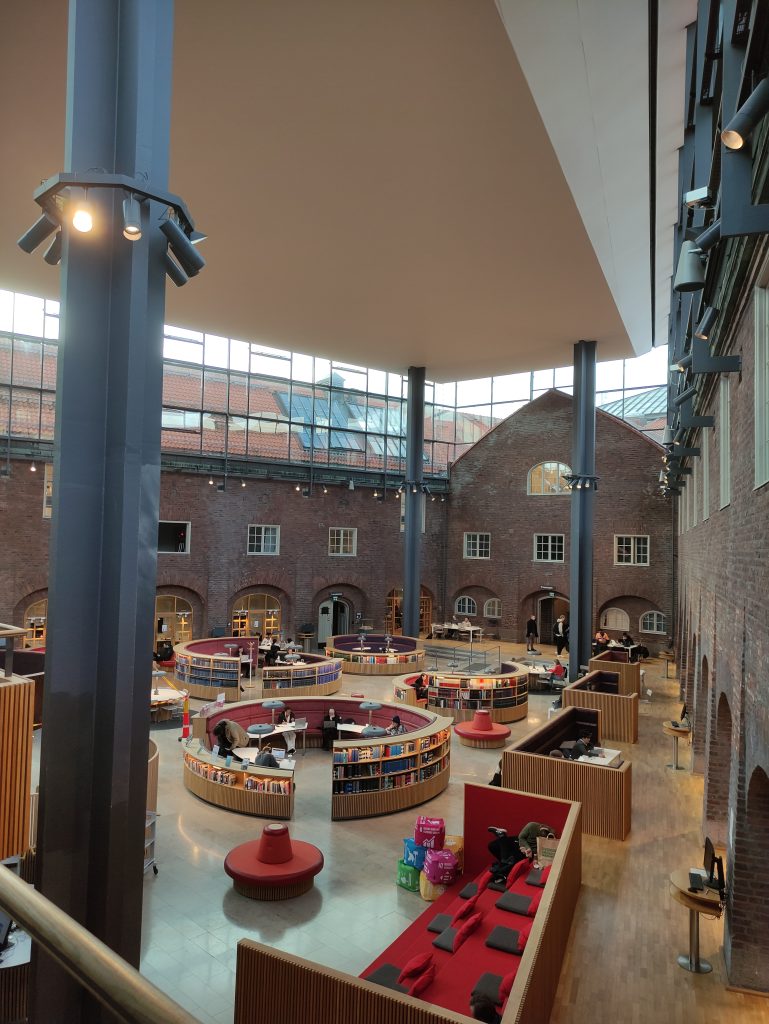
Molecular Techniques in Life Science – KTH semester review
Hi everyone,
As you might know, I am studying Master’s programme in Molecular Techniques in Life Science (MTLS for short). This program consists of four semesters in two years. The first three semesters are a series of courses in three different universities. The first semester is at Karolinska Institutet (KI), the second at Stockholm University (SU), the third at the Royal Institute of Technology (KTH), and the last semester is thesis work which can be done in a suitable lab or company of your choice. Now that we have almost finished the Karolinska Institutet part, I want to reflect a little bit about my experiences and what to expect from this semester.
These were my words when I opened up my blog for the KI semester, and I can not believe it has been almost 1,5 years since I started the master’s program and living in Stockholm, Sweden. It has been truly magical, surreal and sometimes challenging. However, I am glad to be part of this master’s program at the end. As I have started the thesis project and finished the last KTH semester, I want to reflect on my experiences.
P.S.: Some of the course contents will change in the upcoming year so the things I wrote should not be taken for granted and they only reflect my ideas about this semester.
From Newbie in Stockholm to Stockholmer
1,5 half years ago, I was a newbie in Stockholm with no personnumer, no bank account, no friends, so everything was foreign. Now, I see myself as a Stockholmer and feel like this place has become home. I have adapted to society and can understand the language a little bit (my learning Swedish dream has come to an end, unfortunately). I have also adapted to the lecture styles, the type of assignments, and doing lots and lots of presentations.
Courses

This semester we had 5 courses in total:
Mandatory courses
- Clinical applications of biotechnology (removed from curriculum for next year)
- Applied gene technology and large-scale data analysis (CB2040) 7.5 ECTS credits
- Applied programming in life sciences 3 (removed from curriculum for next year)
Conditionally elective courses (we had to choose 2 out of 3)
- Systems biology (CB2030) 7.5 credits
- Project in molecular life science (CB2050) 7.5 credits
- Drug Development (CB2090) 7.5 credits
As some of the courses are removed from the curriculum and updated with new courses, you can find the new courses here. That is why I will only talk about the applied gene technology and large-scale data analysis course as it is the only mandatory course remaining in the curriculum from the KTH semester. This course was definitely my favourite out of all the courses I have taken during this programme. We learned new techniques that are applied in the genomics field, read papers about the development of these techniques and technologies and presented them to the class. In addition, the course also had a bioinformatics lab part where we learned different analysis methods for RNA-seq, single-cell RNA-seq and spatial transcriptomics. All the labs were nicely structured and based on programming language R which is very good to learn and experience for genomics research.
After the mandatory courses until the half of the semester, the next half was with elective courses in which we had to choose 2 out of three courses. I chose the project in molecular life science which requires you to conduct a 10-week research project in a lab and Drug Development. For the project course, you could either arrange a lab by yourself or choose a project from the list that is provided by the course. I arranged the lab myself and did a 10-week dry-lab project which I think was really nice for me as I got to apply the bioinformatics skills that I gained throughout the master’s. In addition, we presented our work to the class and got feedback from each other. It was really nice as everyone in the class had a different project and we got to share our findings with each other.
Drug development course was a series of lectures. Then we got assigned to novel drugs that are used in medicine and did a presentation and a report about them. Then we finished the course with a final exam.


Workload
This semester’s workload becomes heavy from time to time, especially with the last two courses. I choose Drug Development and the Project Course. So, I had to attend lectures and work in a lab at the same time which required lots of scheduling and knowing when to stop and when to start.
Last opinions
As we wrapped up this semester, I can see how much I achieved within these 1,5 half years. It is unbelievable that in a few months, I will finish the master’s programme. However, you never stop learning and his semester has taught me a lot about how to manage my time well to not burn out and enjoy what I am doing. Overall, I can say that it was a very nice semester, even though we had some bumps in the road.
If you have any questions regarding MTLS or life in Stockholm, you can write a comment below or send me an e-mail!
See you in the next blog!

Yagmur - Molecular Techniques in Life Science
My name is Yağmur, and I am from Turkey. I am a student on the Master’s Programme in Molecular Techniques in Life Science. Living in Sweden and studying at KI started as a dream, yet here I am (my life motto “everything is possible” still holds until further notice). In my free time, I like watching movies and listening to music from all around the world. I enjoy sharing my experiences in life. So, if everyone is ready, welcome to my blog and let’s begin the journey…
-
Thanks for your sincere thoughts Yağmur. I am from Turkey too, and looking for a university for my mandatory internship where I also may consider to apply on a Master’s programme then. These kind of blog posts are very important for everone, who like me, to create a clear plan about the academic future.

1 comments